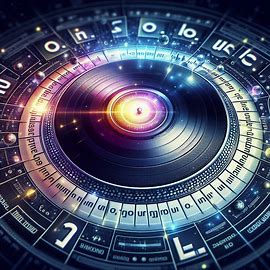For vinyl collectors and music historians, managing thousands of records is more than a hobby—it’s a meticulous art. That’s where Discogs comes in. As the internet’s most trusted vinyl cataloging platform, Discogs has become synonymous with record collection. But beyond its reputation, a few questions linger: Why is it called Discogs? What does it have to do with “discog”? And what’s the purpose of the Discog app?
Let’s dive into what Discogs really is and how it connects to the broader culture of music archiving.
What Is Discogs?
Discogs is short for Discographies, a term that refers to the complete collection of recorded works by artists or labels. Launched in 2000, Discogs.com started as a passion project to catalog electronic music records but quickly evolved into a massive, crowd-sourced database for all genres. Today, it includes millions of vinyl records, CDs, cassettes, and more.
It’s more than a database—it’s a platform where collectors buy, sell, and organize physical music collections.
Why Is It Called Discogs?
The name Discogs is a clever portmanteau:
- “Disc” = physical music media (vinyl, CD, etc.)
- “ogs” = short for discographies
That breakdown brings us to an important point: the slang term “discog” itself. While not as formal as “discography,” “discog” has become common slang among music collectors, especially online. If you want a clear understanding of how the term “discog” has evolved from a technical term to a casual reference in modern music communities, check out this insightful article: Discog Define – Explained in Music Culture.
What Is the Discog App?
The Discogs app extends all the power of the website into your pocket. Available on iOS and Android, the app allows users to:
- Search and explore over 15 million music releases
- Add items to your personal collection or wantlist
- Scan barcodes for quick cataloging
- Buy and sell records directly from other users
If you’ve ever wondered, “What is the Discog app actually used for?” — it’s essentially a record collector’s command center. Whether you’re at a record shop or at home logging your collection, the app makes the entire process seamless.
Discog vs. Discography: What’s the Difference?
The word discography traditionally refers to the complete list of an artist’s musical works. Meanwhile, “discog” has emerged as an abbreviated, slang form that’s practical and more casual in tone.
This is especially helpful for collectors and music lovers trying to distinguish between more formal academic use versus everyday conversation. If you’d like to brush up on the basics, this article on what a discography means offers a simple, beginner-friendly explanation.
Tips for New Discogs Users
If you’re just starting out on Discogs, here are a few quick tips:
- Use the barcode scanner: Great for cataloging quickly
- Check marketplace prices: Compare your records to see value
- Keep a wantlist: Notify yourself when rare items go on sale
- Read seller ratings: Just like eBay, reputation matters
And before you dive too deep, it helps to get familiar with the vocabulary. The Discog Define homepage is a great starting point for learning how the term “discog” fits into music culture and collector slang.
Final Thoughts
Discogs is more than just a tool—it’s a community of collectors, archivists, and music lovers who share one goal: preserving and celebrating physical music. From understanding what “discog” defines to mastering the Discogs app, the journey into music cataloging starts with knowing the language.
And now that you do, you’re ready to take your collection to the next level.


